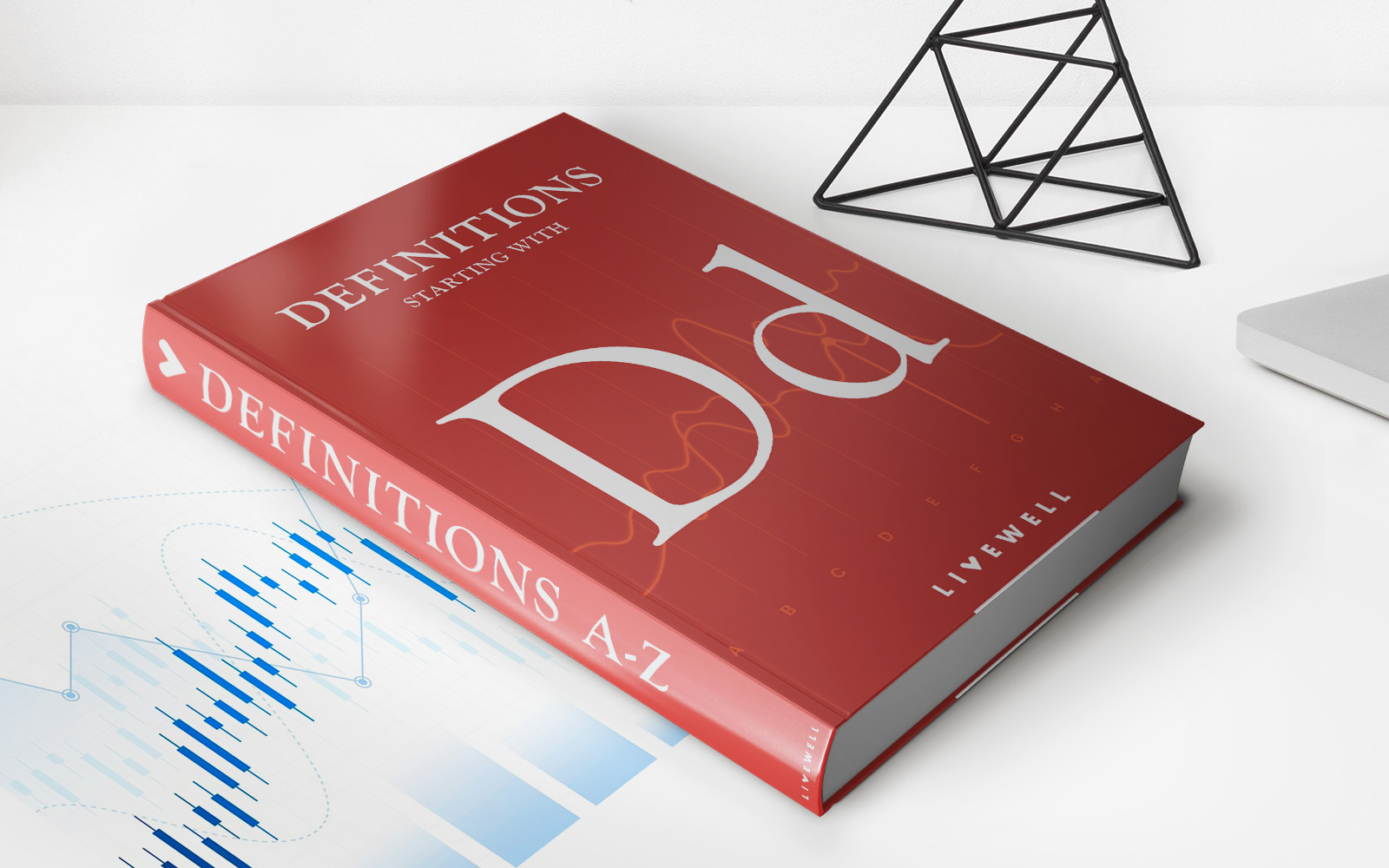Home>Finance>Capitalization-Weighted Index: Definition, Calculation, Example


Finance
Capitalization-Weighted Index: Definition, Calculation, Example
Published: October 23, 2023
Discover the definition, calculation, and example of a capitalization-weighted index in finance. Learn how it can impact investment strategies and market performance.
(Many of the links in this article redirect to a specific reviewed product. Your purchase of these products through affiliate links helps to generate commission for LiveWell, at no extra cost. Learn more)
Capitalization-Weighted Index: Definition, Calculation, Example
Do you ever wonder how stock market indices like the S&P 500 or the Dow Jones Industrial Average are calculated? Well, one of the most commonly used methods is the capitalization-weighted index. In this blog post, we will explore what a capitalization-weighted index is, how it is calculated, and provide an example to help you understand its significance in the world of finance.
Key Takeaways:
- A capitalization-weighted index, also known as a market-value-weighted index, is a stock market index in which the constituent companies are weighted based on their market capitalization.
- This type of index gives higher importance to larger companies with higher market valuations, making it reflective of the overall market performance.
What is a Capitalization-Weighted Index?
A capitalization-weighted index, also known as a market-value-weighted index, is a type of index where the constituent companies are weighted based on their market capitalization. Market capitalization is calculated by multiplying a company’s stock price by the number of outstanding shares.
In simpler terms, a capitalization-weighted index gives higher importance to larger companies with higher market valuations. This means that companies with larger market caps have a larger influence on the index’s performance than smaller companies. Therefore, the performance of the index is more reflective of the overall market performance.
How is a Capitalization-Weighted Index Calculated?
The calculation of a capitalization-weighted index involves three steps:
- Determine the market capitalization of each constituent company: The market capitalization of a company is calculated by multiplying the current stock price by the number of outstanding shares.
- Calculate the weight of each constituent company: To calculate the weight, divide each company’s market capitalization by the sum of all constituent companies’ market capitalizations.
- Calculate the index value: Multiply the market capitalization weight of each constituent company by its corresponding stock price and sum up these values for all companies in the index.
The result of the calculation is a numerical value that represents the index’s performance, reflecting the weighted average performance of the constituent companies.
Example of a Capitalization-Weighted Index:
Let’s take a look at an example to better understand how a capitalization-weighted index works:
Suppose we have an index called XYZ Index, which consists of three companies – Company A, Company B, and Company C. Here are the market capitalizations and stock prices of each company:
- Company A: Market Cap – $1,000,000; Stock Price – $100
- Company B: Market Cap – $500,000; Stock Price – $50
- Company C: Market Cap – $2,000,000; Stock Price – $200
To calculate the XYZ Index, we first determine the weight of each company by dividing its market capitalization by the sum of all company market capitalizations:
- Company A weight: $1,000,000 / ($1,000,000 + $500,000 + $2,000,000) = 0.2857
- Company B weight: $500,000 / ($1,000,000 + $500,000 + $2,000,000) = 0.1429
- Company C weight: $2,000,000 / ($1,000,000 + $500,000 + $2,000,000) = 0.5714
Next, we calculate the XYZ Index value by multiplying the weight of each company by its stock price and summing up the values:
- (0.2857 * $100) + (0.1429 * $50) + (0.5714 * $200) = $114.29 + $7.14 + $114.29 = $235.72
Therefore, the XYZ Index value based on the capitalization-weighted method would be $235.72.
Conclusion
A capitalization-weighted index is a popular method for calculating stock market indices. It gives higher weight to larger companies with higher market valuations, making it a reliable indicator of the overall market performance. By understanding how a capitalization-weighted index is calculated, you can gain insights into how different companies’ market capitalizations impact the index’s value. So next time you hear or read about an index, you will have a better understanding of how it is calculated and what it represents.
If you found this article helpful, feel free to share it with your fellow finance enthusiasts. Stay tuned for more finance-related content on our blog!














